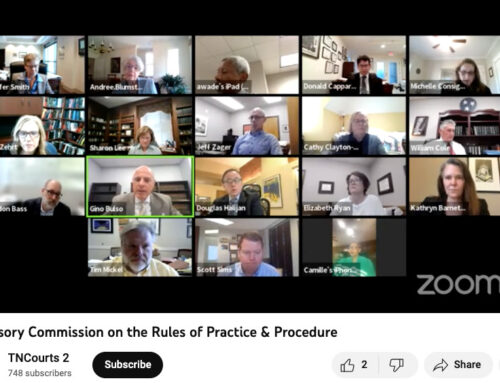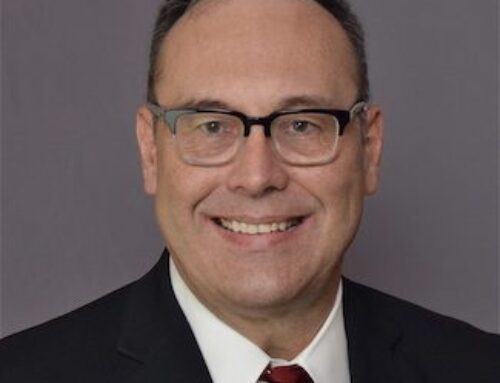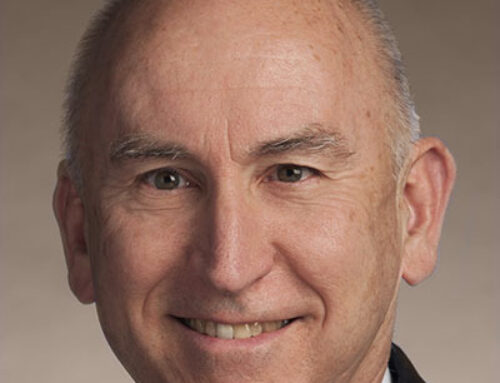Jason Davis, editor of The Mountain Press in Sevierville, writes about the Greene County school board’s decision to ban TV cameras from its meetings and the danger to a free press if its decision is allowed to stand.
Here is an excerpt, republished with permission:
Call it naiveté, but I generally believe most people seek public office because they think they can make a positive difference for their community. In many cases those elected are true statesmen — that is, they do right for the people they represent, putting the public, their constituents, before self.
But there are some that, once elected, become entrenched and affected by the process. Often they become jaded and even corrupted. They begin to treat the office or position they hold as if it’s their own — not an office belonging to the public they represent.
And it’s for that very reason that our founding fathers established the Bill of Rights and the First Amendment. It’s for that reason that brave citizens fought against the Alien and Sedition Acts which made it illegal to criticize the government.
Even in my relatively young journalism career, which started in the mid-1990s, I’ve seen good people — even great people — bend the laws of open government to suit their own personal needs and desires.
It’s often difficult to prove these allegations, as the very point of the act is to keep activities and decisions secret.
But in this particular case, the group in question is acting in full view of the people to suppress what they see as a threat.
It’s my hope that, as is mentioned in our accompanying editorial today, the other media that covers the Greene County Board of Education will not be complacent. It would be all too easy to take the school board’s side against an out-of-town TV station that they feel has wronged them.
In fact, the board may even provide some exclusivity perks to those that espouse their opinions in a favorable light.
But my question for those outlets would be this: What’s going to happen when you offend the board? It’s inevitably going to happen. That’s the nature of media/government relationships. Will they limit your access? Will they choose to enact the ban on your still photography (which, by the way, is also written into their rarely-enforced policy)?
Even if the television station is guilty of sloppy or “inaccurate” journalism, as the board has alleged, their right to access and report on the meetings should not be abridged — and neither should anyone else’s.




